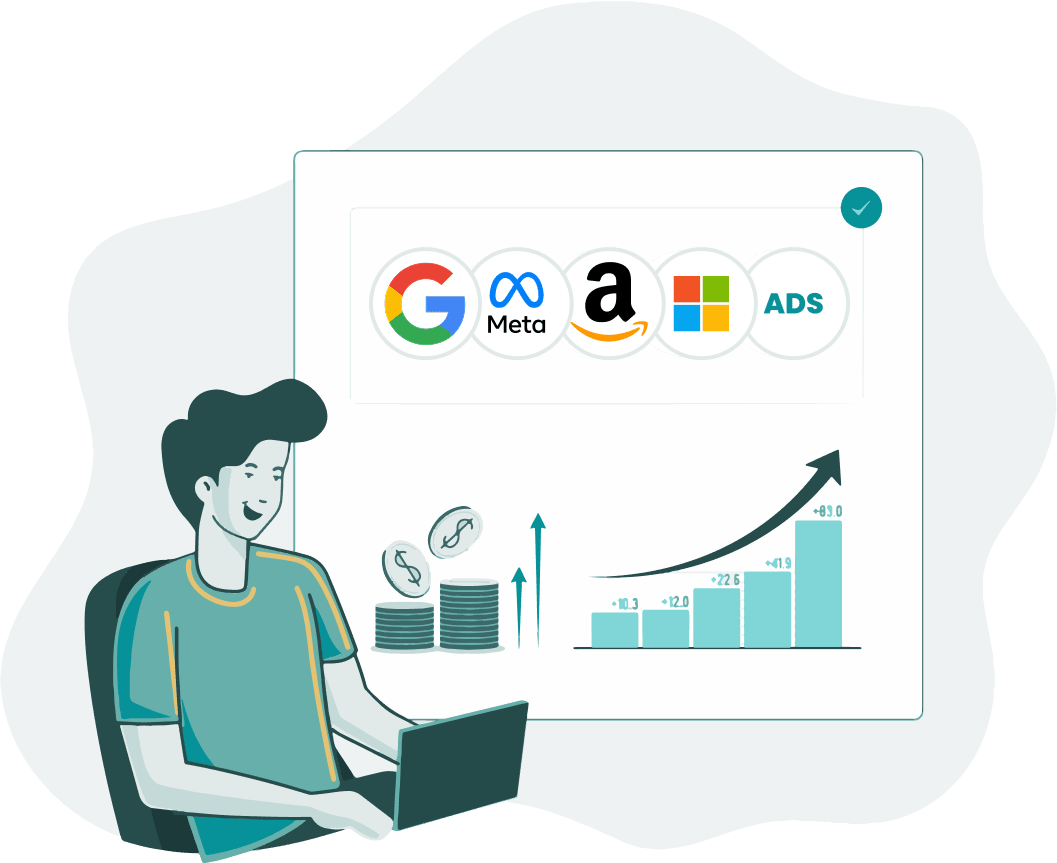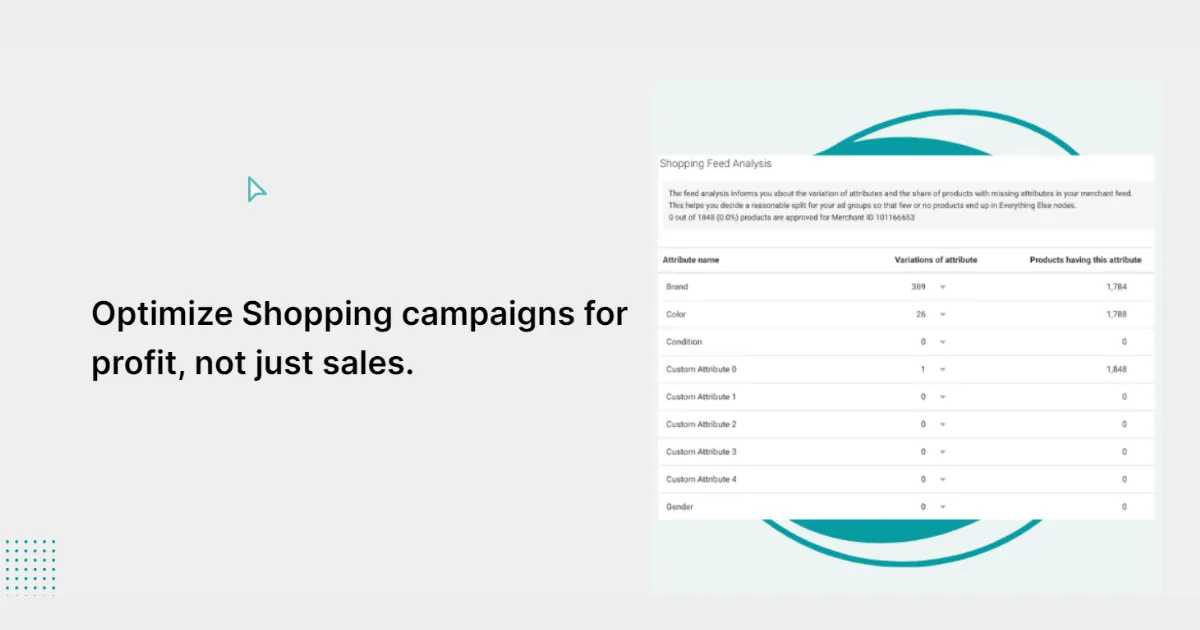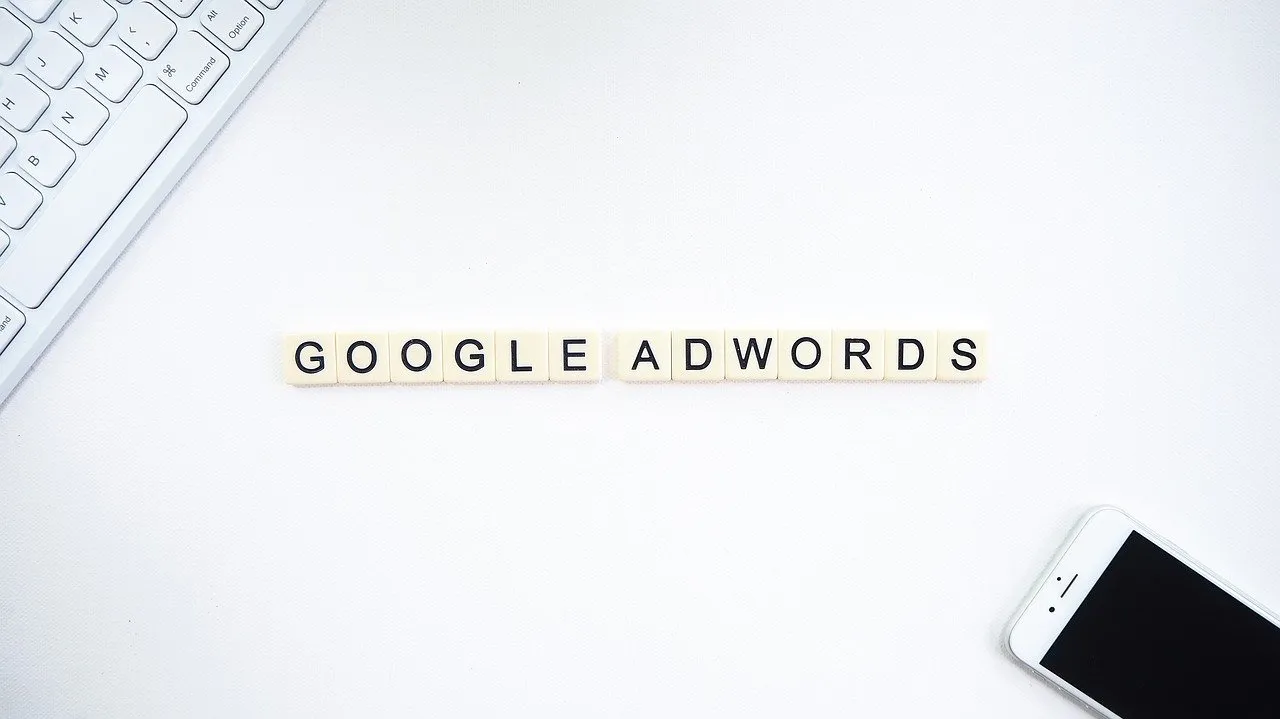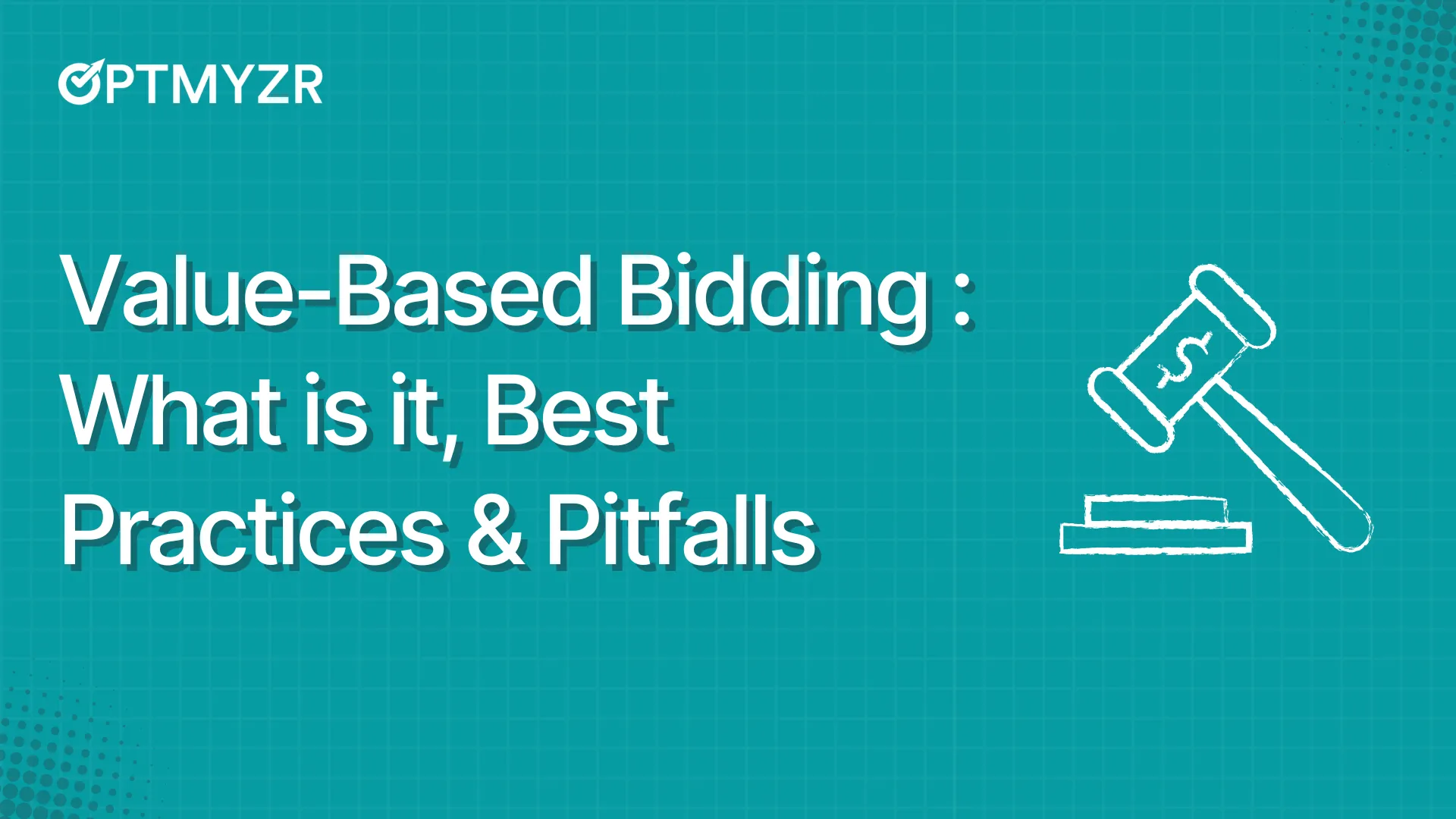In the last couple of weeks, Google has both altered existing plans and announced new measures to deal with the ramifications of COVID-19 on PPC and paid search. Some of these aim to make campaign management a bit easier; others are in response to what agencies and advertisers are experiencing.
Here’s our take on some of the recent changes in Google Ads.
Google Ads Editor version 1.3
It’s always interesting for us to see Google make changes to Ads Editor. Optmyzr CEO Fred Vallaeys, one of Google’s first 500 employees, helped build the initial version of the tool when it was called the AdWords Editor. It’s great to see that the product is still in use and receiving steady support many years later.
Here’s a quick roundup of what’s included with Google Ads Editor 1.3:
New Features
- Create and edit shared budgets from Shared Library
- Access Optimization Score (account and campaign levels)
- See weighted average Optimization Score
- Improvements to edit pane
Updated Features
- Full support for Discovery carousel ads
- Full support for shared budgets
- New Display and Smart Display campaigns default to target CPA with bidding set to pay for conversions (for campaigns with conversion tracking)
Optimization score, which is now more present in the new Ads Editor, is Google’s way of guiding advertisers to make common best-practice optimizations. But it’s important to remember that Google’s advice is just a suggestion and may not be relevant for your account.
As a simple example, Google may suggest increasing budget when there is impression share lost in a campaign with conversions. This may ignore that your account has a strict monthly budget cap and raising the campaign budget would bump the total account spend over the limits. Of course Optmyzr’s tools and scripts to help manage and optimize monthly account budgets would still work, regardless of whether an advertiser accepts Google’s budget suggestions.
Also, PPC marketers have the freedom to make changes in the tool they’re most comfortable with. It’s not necessary to make all changes from the Google Ads interface.
“Contrary to what many PPC pros think, Google doesn’t care where you make your edits,” Fred revealed.
“Many marketers believe you have to log into Google Ads and press that final button to get the improvement to your Optimization Score, but that’s not the case. You can continue to use a tool like the Ads Editor, or Optmyzr to audit and optimize your campaigns.”
Fred Vallaeys, Optmyzr
Google Partner Program
COVID-19 is affecting us all, and the world’s largest search engine is no exception.
In February, Google announced sweeping changes to its Partners Program that would start to be enforced from June. Some of these included a minimum 90-day ad spend of $20,000 and requiring accounts to follow Google’s recommendations for Optimization Score.
As Susan Wenograd writes in Search Engine Journal, recent events have forced Google to postpone these new rules to 2021, allowing existing Partners to retain their status and specialization badges and non-Partners to apply using current criteria.
Fred believes this is the right move.
“It’s good that Google has pushed this to give agencies more time and space to deal with the challenges their clients are facing. But at the same time, it’s important that existing and prospective Partners take the time to push ahead and prepare for these changes to take hold in 2021.”
-Fred Vallaeys, Optmyzr
Optmyzr Tip: While existing Google Partner agencies should prioritize client success, don’t wait until it’s too late to get moving on the new goals. If you’re just now applying to become one, let the 2021 criteria serve as your north star.
Ad Credits for Google SMBs
Another widely-lauded move from Google is the announcement of $340 million in ad credits to help “alleviate some of the cost from small and medium-sized businesses to stay in touch with their customers during this challenging time”.
Much like we advised agencies to do all they can to ensure their clients don’t envision a future without them in this earlier post, it seems Google is also wary of losing steady income from a segment that makes up a significant portion of its ad revenue.
In the midst of a $1.7 billion European Commission fine, the last thing Google needed was a sharp drop in ad revenue — but that’s just what COVID brought to the table. Alphabet’s first quarter earnings were well below expectations, and there’s little evidence to suggest that Q2 will be any different.
Perhaps Google is playing the long game, looking at 2021 revenues and hoping that keeping SMBs on their ad network yields a better payoff than waiting for them to bounce back on their own.
Dynamic Trends
Google recognizes how volatile the current market is and how rapidly it’s shifting — it’s why they recommend that advertisers plan weekly rather than monthly for the near future.
Google Trends reflects this sentiment in search behavior. A tool that’s normally used to reliably find and compare popular search terms, discover related topics and queries, and observe geographic trends is painting incredibly different pictures from one week to the next.
So what’s the value of Google Trends in a dynamic environment?
“The business value is that it can help you figure out what you want to put in your ads. Your value propositions might change based on what people are experiencing and searching for,” Fred says.
“For example, while travel might have once been about the cheapest tickets or the most luxurious hotels, when it opens back up the popular searches might revolve around cleanliness or low-density properties.
“If you dive even deeper, you can unravel more insights. If people want to travel but are still wary of taking flights, they might decide to drive. So in this scenario, hotels might notice a surge in search volume for something like ‘free overnight parking’.”
Fred Vallaeys, Optmyzr
Businesses might have to explore qualities that they never looked at before. And while they may have an inkling of what’s to come, they have no idea of the degree to which it may occur. In this case, Google Trends serves as a good barometer of demand and search behavior.
Optmyzr Tip: The Rule Engine allows you to build custom strategies to optimize your Google Ads accounts based on fluctuations you observe in Google Trends, such as identifying keywords that exceeded the CPA target for the last 7 days but met the CPA target for the previous 30 days.
Conclusion
As the world’s leading search engine, Google’s actions set the pace for the majority of the PPC community. During both peaks and troughs, many agencies take their cue from Google or use their behavior to influence strategy.
It’ll be interesting to see what more they do to revitalize hard-hit industries and keep paid search on the radar for businesses, especially once the market has experienced a full quarter of COVID-related challenges.








